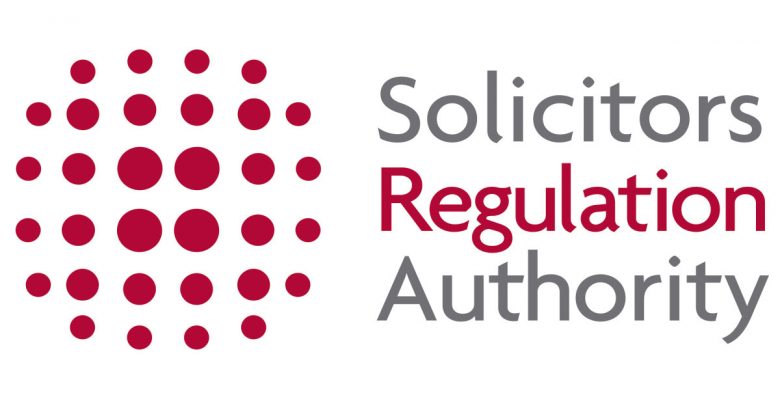
SRA sets out plans for 2021/22
The Solicitors Regulation Authority (SRA) has published its 2021-22 business plan, outlining its key areas of work for the coming year.
Publication follows a consultation exercise earlier this year which saw more than 8,000 people have their say on the proposals through a range of virtual events, written submissions and online polls.
In addition to the SRA’s core work to protect the public and deliver effective regulation of law firms and solicitors, key areas of work identified in the finalised plan include:
- delivering the new Solicitors Qualifying Examination, including the first assessment sittings of both SQE1 and SQE2
- supporting the adoption of technology and innovation in the legal sector including by building new partnerships in the lawtech arena
- further developing the SRA’s focus and presence in Wales
- delivering a range of horizon scanning and research initiatives, including into factors underpinning the attainment gap in professional assessments and over representation of black and ethnic minority solicitors within enforcement processes.
As expected, the SRA’s continuing competence regime will come under scrutiny following the move away from CPD in 2016.
“One possible outcome may be a longer-term strategic review of continuing competence requirements to help inform and enhance our regulatory approach.”
The SRA’s efforts to support anti-money laundering is another stand out strategy.
The SRA released its latest AML report in which it identified that the number one are of non compliance of non-compliance is not having a proper risk assessment in place. The Business Plan outlines next steps including
- complete and publish findings from a thematic review of the role of money laundering officers in law firms, in order to build our understanding of these roles and the effectiveness of our requirements.
- publish an annual report about the delivery of our AML supervisor responsibilities that provides information about our approach to our stakeholders.
- expand our programme of AML visits to firms and engage with all firms about the extent to which they are in the scope of AML regulations. This is to make sure we continue to develop our knowledge and response to regulatory approaches in the legal services sector.
- improve our AML resources, including webinars and updated guidance if there are legislative changes, to support solicitors and law firms to understand their duties and how best to meet them.
In responding to feedback from our stakeholders, the SRA have added further detail into the plan which includes:
- Explaining our approach to assuring advocacy standards in greater detail
- Capturing information about our pilot on legal service unbundling, and on our latest successful bid to the Regulators’ Pioneer Fund
- Referencing the continuation of our work to tackle cybercrime
- Confirming our commitment to consider environmental and climate issues through our work
Paul Philip, SRA Chief Executive said:
‘This is the second year we have consulted on our forward business plan and budget. We welcome the interest and engagement from so many people in our work and the broad agreement with our priority areas and key workstreams.
‘The world has of course changed significantly in the last 18 months and it will take some time for the implications of the pandemic on the legal sector to be properly understood. We must be agile and responsive to make sure high professional standards and public protection are maintained.
‘That is why we will be doing more horizon-scanning, so that we can identify any issues as early as possible and take any steps needed. And this plan also outlines our work in a range of key areas as we deliver major work programmes such as the SQE, the evaluation of our Standards and Regulations and supporting the adoption of technology and innovation.’
The Business Plan 2021-22, covers the period November 2021 to October 2022. The objectives of the 2020-2023 Corporate Strategy are:
- To set and maintain high professional standards for solicitors and law firms
- To support the adoption of legal technology and innovation
- To build understanding of emerging opportunities and challenges for the users of legal services and the legal sector, and regulate accordingly










